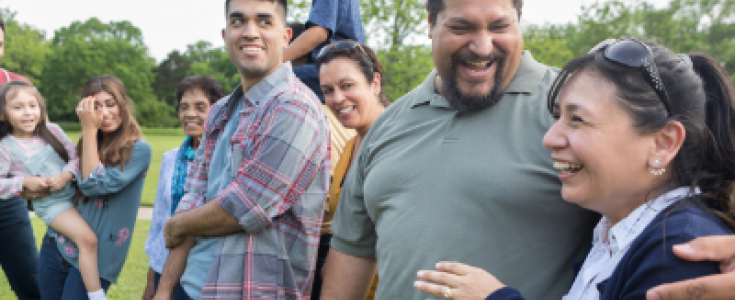Diabetes and Your Social Life
So you paid a visit to the doctor’s office, and now the word “diabetes” has joined your regular vocabulary.
You’re bound to have a lot of questions regarding the way this diagnosis will change your life: What medications will become part of your routine? How does your diet need to change? But in the bombardment of question you have for your doctor, one important question may fall through the cracks:
-
Sell Your Test Strips for Cash
Sell Your Test Strips With Confidence. We Offer Top Prices, Free Shipping, Fast Payments.
www.assistdiabetics.com
See It Now -
We Buy Your Unused Test Strips
Do You Have Unused Diabetes Test Strips? Get Cash Fast For Your Test Strips. Earn Money Today.
www.assistdiabetics.com/sell/test/strips
See It Now
How is my diabetes going to affect my social life?
Unfortunately, the general populous understands precious little about diabetes (and mainstream media, like that Hansel and Gretel film that premiered earlier this year, isn’t doing much to help). This means that the burden of educating family and friends inevitably falls on you, which can be trying in certain social situations. After all, no one wants to be that person at the party who refuses the hosts’ homemade desserts, even if they are simply monitoring their sugar levels. In some cases, this can lead to stigmatization, social anxiety which can cause dizziness or vertigo, or feelings of isolation. But never fear! There are ways to avoid the negative social effects of diabetes.
Communication
As the saying goes, our friends are the family we choose, which means we can expect them to be understanding of our unique situations. Simply communicating with your friends and family that, because of your diabetes, you will have to make some changes to your diet or your daily habits should alleviate some of the social strain at group events.
Of course, this is tougher the younger you are (children with diabetes, for example, will have a harder time abstaining from sugar at parties or other social occasions), but open communication is the easiest way to make sure you don’t hear those irritating words, “Aw, come on! Just one slice?”
Information
Like we said before, most people are simply ignorant on the subject of diabetes. Keeping an open dialogue on the subject, where friends and family can ask you questions and you respond candidly and clearly, will not only help educate others on your condition, but will also banish any silly misconceptions your peers have about diabetes and diabetics. This is a great tool for children, too, as it will educate their young friends and give them an opportunity to speak proudly about their condition – thereby ridding them of any shame or stigma surrounding their condition.
Simply put, openness and honesty are the best ways to preserve your social life. Diabetes doesn’t have to change anything between you and your group of friends!
Source: Death to Diabetes
Get a Free Diabetes Meal Plan
Get a free 7-Day Diabetes Meal Plan from Constance Brown-Riggs who is a Registered Dietitian-Certified Diabetes Educator and who is also a national spokesperson for the American Dietetic Association.
Just enter in your email below to download your free Diabetes Meal Plan.



